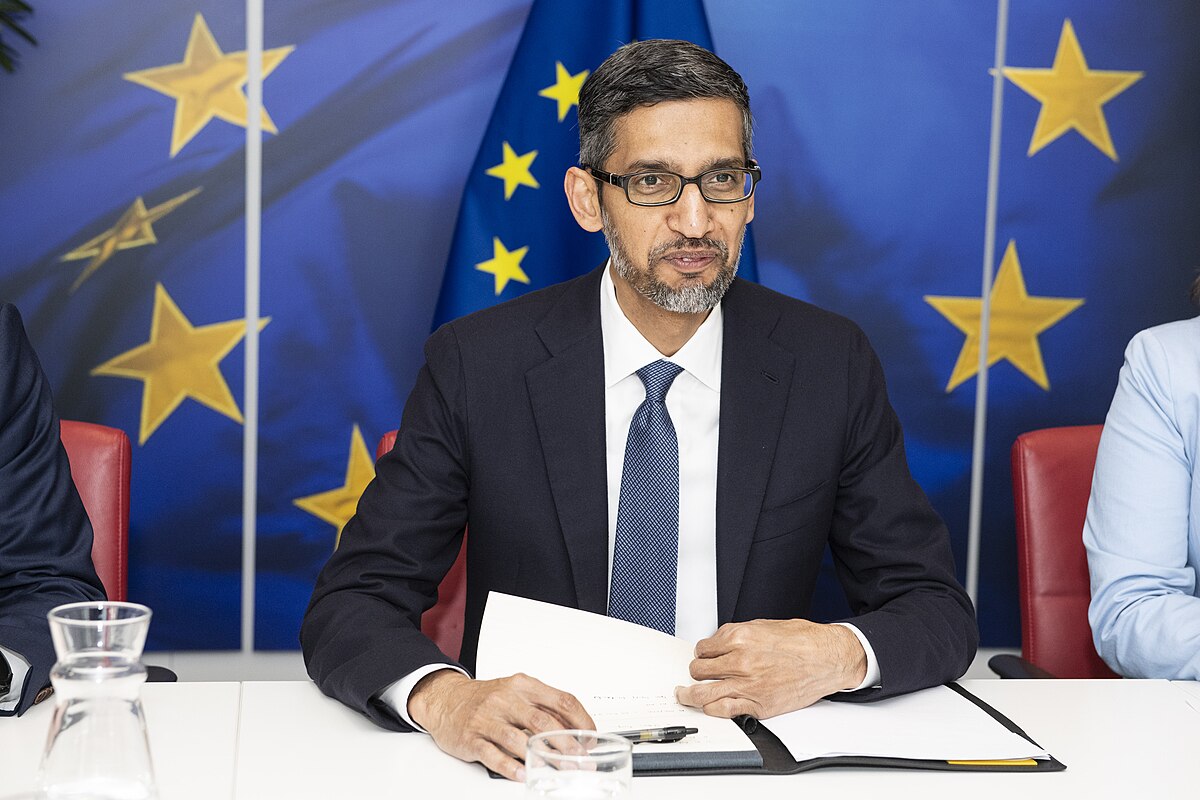As major tech companies like Amazon and Microsoft explore nuclear energy to address the surging electricity demands of data centers, Google executives recently indicated that the company is also assessing the feasibility of using nuclear power to meet its carbon-free energy goals.
Google follows in Amazon, Microsoft's footsteps?
Google CEO Sundar Pichai and the company's Global Data Center Energy Director Amanda Peterson Corio recently spoke to the media, both suggesting the potential adoption of nuclear energy. Pichai told Nikkei Asia, “We are now looking at additional investments, be it solar, and evaluating technologies like small modular nuclear reactors, etc.”
Corio, in an interview with Bloomberg, noted that the company is already discussing new technologies, including nuclear energy, with U.S. utilities and power producers. She also mentioned the possibility of implementing nuclear energy in other countries, such as Japan.
However, they did not provide further details, including timelines, locations, or scale. Google aims to achieve net-zero emissions by 2030 and transition to 24/7 carbon-free energy.
Read more: From RE100 to CFE 24/7: Addressing challenges for corporates in achieving carbon-free energy in Asia
The growth of artificial intelligence (AI) is significantly increasing energy consumption in data centers, posing greater challenges to tech giants' emissions reduction goals. This situation has heightened interest in low-carbon nuclear energy solutions.
Recently, Microsoft signed a power purchase agreement to restart the controversial Three Mile Island nuclear power plant in Pennsylvania, while Amazon has purchased a data center complex in the same state powered by nuclear energy.
.jpg)
Data centers consume massive amounts of electricity, pushing many tech giants to consider nuclear energy as part of their strategy to meet emission reduction targets. (Image source: Pixabay)
Nuclear energy meets around-the-clock power needs
Nuclear power plants provide stable baseload electricity, capable of meeting the fundamental demands of the grid 24/7. This reliability makes nuclear energy a viable solution for the continuous operation of data centers. With influential companies joining the nuclear energy sector, experts believe this could trigger a global wave of nuclear investment.
Ed Crooks, senior vice president at energy consultancy Wood Mackenzie, stated in a late September article that options for simultaneously meeting continuous power supply and carbon reduction needs are limited, with nuclear being one of them. While the costs of nuclear energy are higher than wind and solar, and deployment times are longer, now is an opportunity for wealthy tech companies to invest to mitigate future risks related to low-carbon power supply shortages.
Wood Mackenzie projects that global nuclear power capacity will reach 669 GW by 2050, more than doubling from the current 323 GW. However, Crooks cautioned that the construction of nuclear facilities, including SMRs, still carries high costs and risks of delays. Additionally, nuclear projects require regulatory approvals and must navigate public opposition related to nuclear waste disposal.


